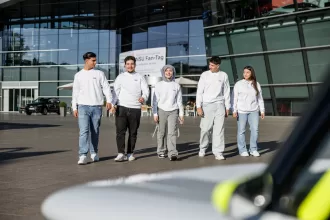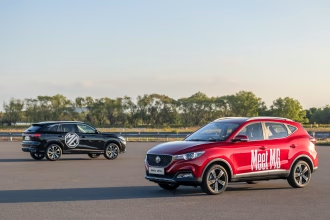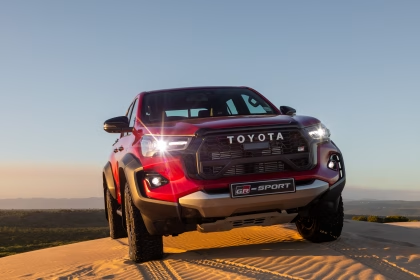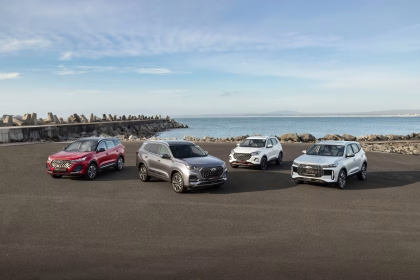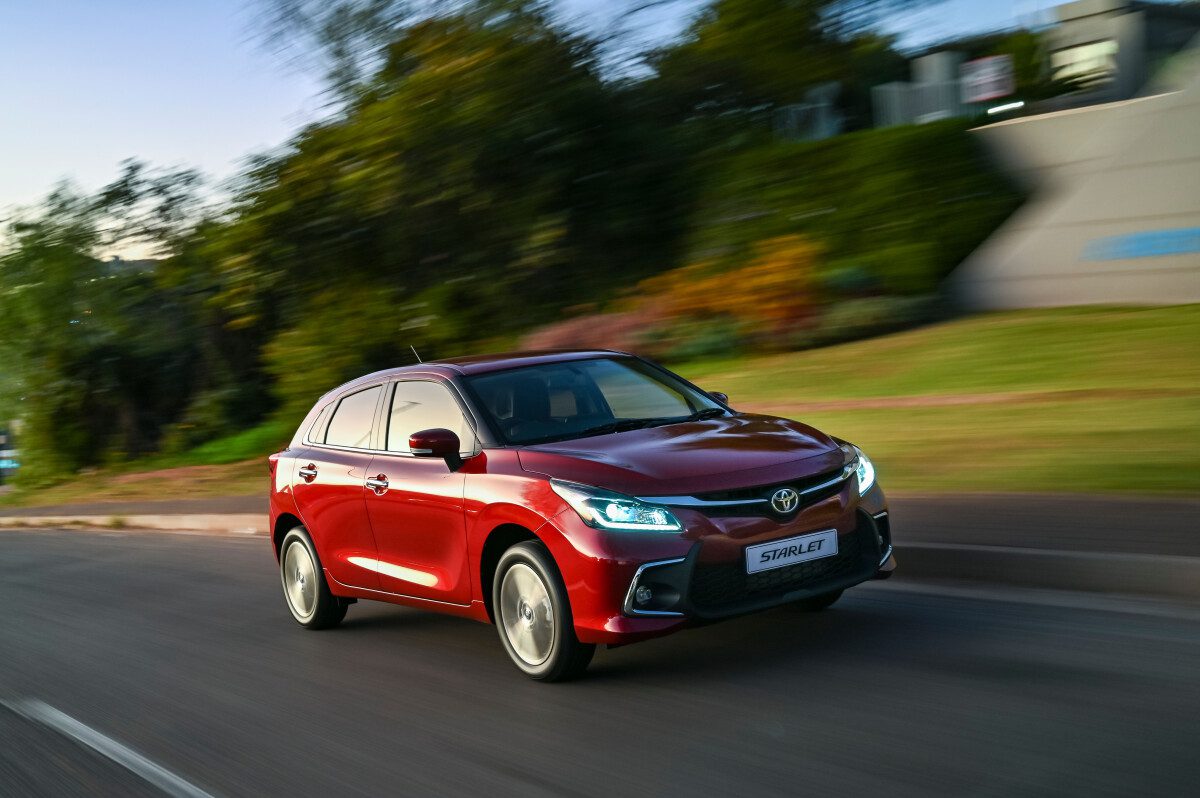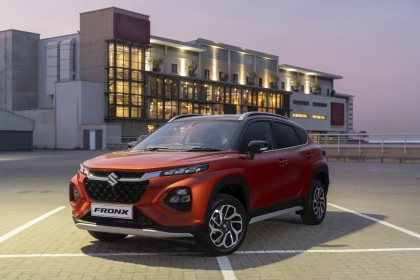March 2025 marked a pivotal month for South Africa’s automotive industry, demonstrating resilience amid economic pressures and delivering strong growth in both domestic new vehicle sales and exports. The sector benefited from stable inflation at 3.2% y-o-y in February and earlier monetary easing, which supported consumer confidence and vehicle financing. Despite broader macroeconomic uncertainties, the industry proved its ability to thrive amid geopolitical shifts and sustain its long-term growth trajectory.
Domestic new vehicle sales surged, with aggregate sales reaching 49,493 units – an increase of 5,504 units, or 12.5%, compared to March 2024. The new passenger car market led the charge, soaring by 25.3% to 33,447 units, driven by robust consumer demand and a stable lending environment.
On the global front, export sales recorded an impressive increase of 9,354 units, or 31.1%, reaching 39,477 vehicles in March 2025, which is 15.7% higher than March 2023 exports. This marks the first export growth in ten months, signalling renewed momentum in South Africa’s global trade position.
“The rebound in export sales is a testament to the resilience of South Africa’s automotive sector,” said naamsa CEO Mikel Mabasa. “Despite ongoing global trade uncertainties, our industry remains steadfast, demonstrating its strength in navigating complex economic landscapes. Our export-led growth model continues to drive industrial expansion and job creation.”
This export growth coincided with this week’s U.S. presidential announcement threatening the future of South African exports, further underscoring the sector’s ability to withstand geopolitical shifts. The surge in overseas demand for locally manufactured vehicles reaffirms South Africa’s competitiveness in the global automotive market.
At the monetary policy level, the South African Reserve Bank [SARB] maintained the repo rate at 7.5%, aligning with major global economies to keep borrowing costs stable. However, challenges such as energy constraints, rising living costs, and the upcoming VAT increase in April may pose new hurdles in the months ahead.
Despite these potential headwinds, South Africa’s automotive industry remains committed to longterm growth and resilience. As naamsa celebrates its 90th anniversary, this milestone highlights the industry’s remarkable adaptability. The pace of change in the next decade is expected to surpass anything witnessed in the past nine decades, driven by economic shifts, rapid technological advancements, and evolving consumer trends. The post-pandemic recovery in vehicle sales affirms the sector’s ability to weather economic cycles, with agility playing a key role in sustaining future growth.
Reinforcing its commitment to industry transformation and strategic collaboration, naamsa is proud to announce that the 2025 SA Auto Week [SAAW] will be hosted in the Eastern Cape from 01-03 October 2025 under the theme, “Reimagining the Future, TOGETHER: Cultivating Inclusive Growth and Shared Prosperity”.
SAAW 2025 aims to mobilise new investments into the auto sector, fostering growth and reindustrializing South Africa’s manufacturing base. As South Africa’s premier automotive conference, SAAW 2025 will convene key stakeholders – including auto professionals, global vehicle OEMs, component manufacturers, regulators, policymakers, investors, business and political leaders, and decision-makers from around the world – to drive innovation, strengthen global partnerships, and shape the future of the industry in an evolving economic landscape.
Aggregate domestic new vehicle sales in March 2025, at 49,493 units, reflected an increase of 5,504 units, or 12.5%, compared to the 43,989 vehicles sold in March 2024. Export sales recorded an increase of 9,354 units, or 31.1%, reaching 39,477 in March 2025, compared to 30,123 vehicles exported in March 2024.
Overall, out of the total reported industry sales of 49,493 vehicles, an estimated 42,953 units, or 86.8%, represented dealer sales, while an estimated 7.3% accounted for sales to the vehicle rental industry, 3.5% to government, and 2.5% to corporate fleets.
The March 2025 new passenger car market, at 33,447 units, registered an increase of 6,756 cars, or 25.3%, compared to the 26,691 new cars sold in March 2024. Car rental sales accounted for 7.2% of new passenger vehicle sales during the month. Domestic sales of new light commercial vehicles, bakkies, and minibuses, at 13,328 units in March 2025, recorded a decline of 1,227 units, or 8.4%, from the 14,555 light commercial vehicles sold in March 2024.
Sales in the medium and heavy truck segments of the industry reflected a weak performance in March 2025, with 696 medium commercial vehicles and 2,022 heavy trucks and buses sold. This represented a decline of 13 units, or 1.8%, compared to the 709 medium commercial vehicles sold in March 2024, and a decrease of 12 vehicles, or 0.5%, from the 2,034 heavy trucks and buses sold in the corresponding month last year.
The March 2025 export sales figure, at 24,801 units, reflected an increase of 1,642 vehicles, or 7.1%, compared to the 23,159 vehicles exported in March 2024.



